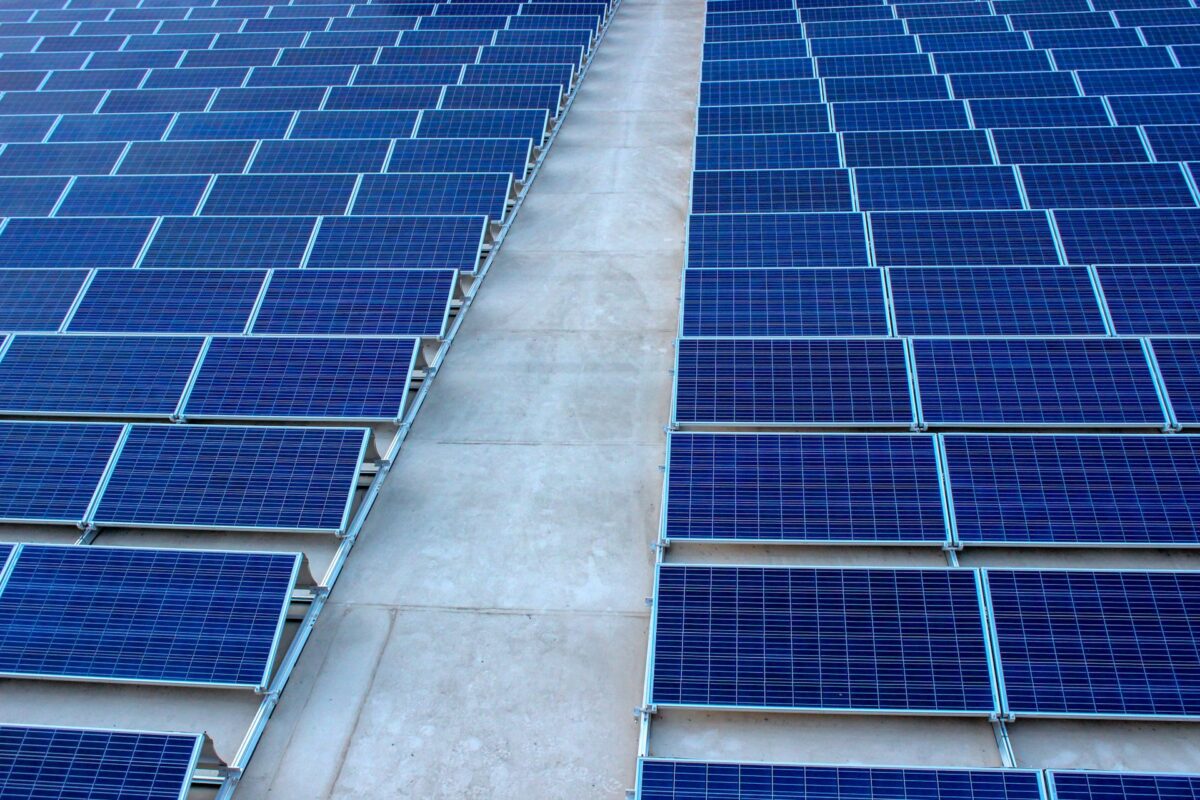The Energy Regulatory Commission (ERC) of the Philippines has issued 13,189 certificates of compliance (COC) for 116.3 MW of total capacity to qualified end users under its net-metering program from 2015 until the end of June.
The regulator said the success of the scheme will depend on a series of information and education campaigns (IEC) and strategic partnerships it has implemented with regional governments.
“From 2015 to 2023, the number of net-metering [qualified end users] experienced consistent growth except in 2020, amidst the height of the Covid-19 pandemic. On average, the number of [qualified end users] grew by 58% per year until 2022. However, from 2022 to 2023, [qualified end users] surged by 121%, rising from 1,867 to 4,125,” the ERC said in a statement.
The regulator issued 4,124 new 37.9 MW of OCs in 2023.
“In terms of rated capacity per kilowatt per grid, Luzon grid has the highest rated capacity of 82,321.40 kW or 70.79%, followed by Visayas grid with a total rated capacity of 27,935.33 kW or 24.02%, while the Mindanao grid has the lowest total rated capacity of only 6,035.41 kW or 5.19%,” the authority added, in reference to the total capacity of the net-metering scheme.
In November 2022, the Philippines increased its net-metering size limit to 1 MW, up from a 100 kW threshold introduced in 2008.
The International Renewable Energy Agency (IRENA) reports that the country had 1,675 MW of installed solar capacity at the end of 2023, mostly from large-scale solar plants.
This content is protected by copyright and may not be reused. If you want to cooperate with us and would like to reuse some of our content, please contact: editors@pv-magazine.com.




By submitting this form you agree to pv magazine using your data for the purposes of publishing your comment.
Your personal data will only be disclosed or otherwise transmitted to third parties for the purposes of spam filtering or if this is necessary for technical maintenance of the website. Any other transfer to third parties will not take place unless this is justified on the basis of applicable data protection regulations or if pv magazine is legally obliged to do so.
You may revoke this consent at any time with effect for the future, in which case your personal data will be deleted immediately. Otherwise, your data will be deleted if pv magazine has processed your request or the purpose of data storage is fulfilled.
Further information on data privacy can be found in our Data Protection Policy.